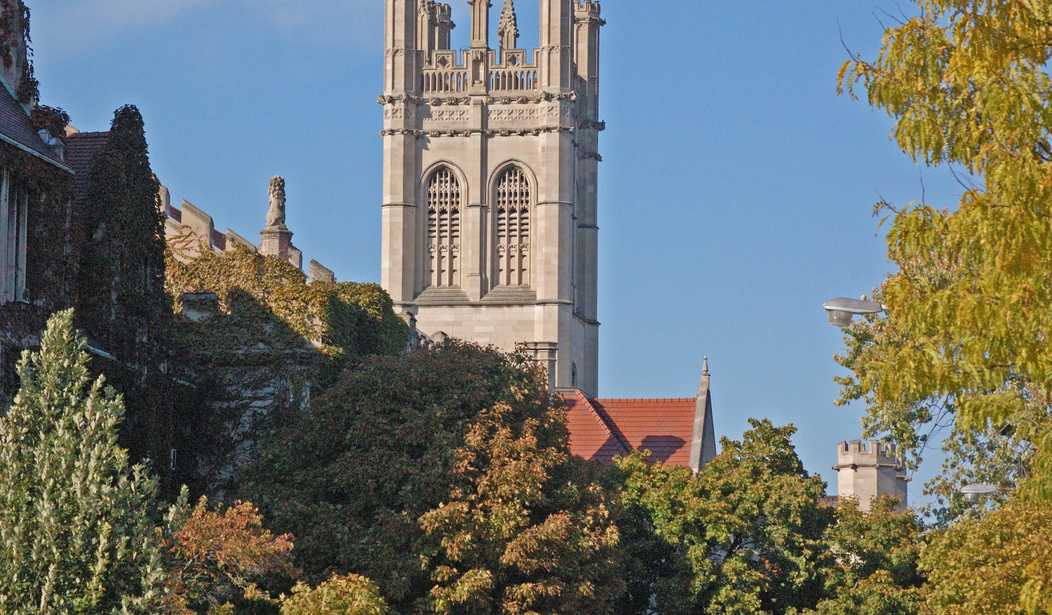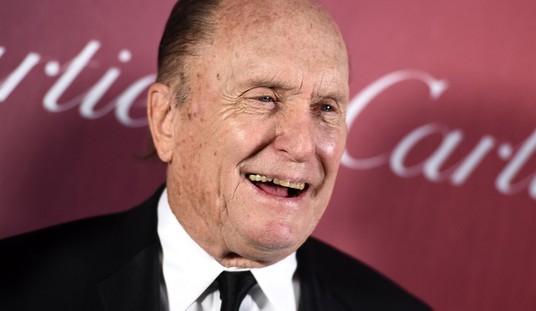The University of Chicago sent a letter to the incoming Class of 2020, explaining why it values free inquiry and free expression over the politically correct culture of “safe spaces,” “trigger warnings,” and — unstated but very much implied — “microaggressions.”
“You will find that we expect members of our community to be engaged in rigorous debate, discussion, and even disagreement. At times this may challenge you and even cause discomfort,” Dean of Students John (Jay) Ellison wrote. The university embraces this discomfort because one of its “defining characteristics is our commitment to freedom of inquiry and expression.”
“Civility and mutual respect are vital to all of us, and freedom of expression does not mean the freedom to harass or threaten others,” Ellison explained. Nevertheless, free inquiry and free expression are much more valuable than the sensitivity of students. The letter makes this very clear, rejecting the political correctness spreading across college campuses.
Our commitment to academic freedom means that we do not support so-called “trigger warnings,” we do not cancel invited speakers because their topics might prove controversial, and we do not condone the creation of intellectual “safe spaces” where individuals can retreat from ideas and perspectives at odds with their own.
In a powerful statement of irony, Ellison argued that the very focus on diversity which usually encourages the culture of “safe spaces” is the main reason why the University of Chicago must reject it.
https://twitter.com/MichaelRStrain/status/768779991567826944
According to the ideology which opposes free speech on college campuses, some speech constitutes a “microaggression” against people of other races, sexes, religions, et cetera. In order to protect the diversity on campus, some words and expressions must be forbidden, and ideas which might cause harm should not be uttered in “safe spaces.” When potentially offensive speech must be uttered, or when teachers suggest books to read which may offend some students, a “trigger warning” alerts the student that the material they are about to hear or read might offend them.
But diversity cuts both ways. “Diversity of opinion and background is a fundamental strength of our community,” Ellison wrote. “Members of the community must have the freedom to espouse and explore a wide range of ideas.” Ironically, by trying to protect some diverse students with a “safe space” culture, activists actually harm not just the university’s commitment to free speech, but the very diversity they claim to support.
The culture of “safe spaces,” “trigger warnings,” and “microaggressions” often places some ideas — and even some types of people — off limits. Indeed, the State University of New York at Binghamton announced an RA training entitled “#StopWhitePeople2K16,” and “people of color” students at the Claremont Colleges announced their desire to avoid having any white roommates. This newfangled segregation is the exact opposite of the free expression of ideas.
Next Page: How the political correctness on college campuses makes a university no longer a university.
Indeed, this is the key argument of the University of Chicago faculty in its report on freedom of expression. That report mentioned a controversial event in 1932:
A student organization invited William Z. Foster, the Communist Party’s candidate for President, to lecture on campus. This triggered a storm of protest from critics both on and off campus. To those who condemned the University for allowing the event, President Robert M. Hutchins responded that “our students . . . should have freedom to discuss any problem that presents itself.” He insisted that the “cure” for ideas we oppose “lies through open discussion rather than through inhibition.” On a later occasion, Hutchins added that “free inquiry is indispensable to the good life, that universities exist for the sake of such inquiry, [and] that without it they cease to be universities.”
Free inquiry and freedom of expression are central, not just to universities, but to the good life in general. If a university sacrifices free inquiry in order not to offend other people, it ceases to be a university at all.
More importantly, it damages its students by cutting them off from intellectual challenges and from the personal growth that comes through deep questioning and mental investigation. Colleges exist to challenge students, not to coddle them. If a student leaves with the same ideas he or she had at the beginning, without ever having challenged them deeply, the college has failed that student.
The University of Chicago’s response to this dangerous ideology is on point, but it is also inspiring. To finally see a college take a firm public stance against it should inspire more colleges and universities to follow suit. Our institutions of higher learning exist to further free inquiry, and the response to such stifling ideas should be deafening. Let us hope the University of Chicago is just the first of many.
Chicago Freedom of Expression by zerohedge on Scribd









Join the conversation as a VIP Member